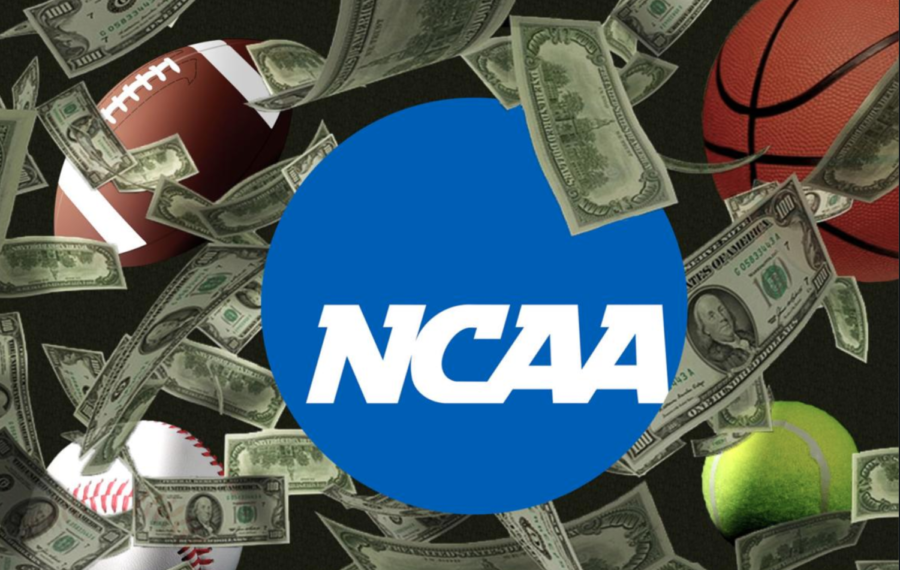What Held the NIL Ruling Back?
On September 21, 2021, the NCAA ruled that athletes can now get paid for their name, image, and likeness, or NIL. The NCAA (The National Collegiate Athletic Association) is a nonprofit organization that regulates student athletics. Players can finally profit from their names instead of the programs they play for, which is common sense to most sports fans/athletes. But what stopped this ruling from passing for so long?
There are dozens of reasons why the NCAA prevented this for as long as possible. Maddie Galuski (10) says, “[The NCAA] banned this for so long because they were afraid the athletes would start making money and leave the college.” Between class, practice, and games, there remains no time to make money in other ways besides their sport. They could be graduating with cash for their first car or a down payment on a house, but instead, that money was going to the NCAA, whose total revenue was $1.16 billion in 2021 alone.
The NCAA’s claims on trying to keep college sports “pure” and “only about winning” is what they say was keeping this ruling from getting passed. Julia Abrego (11) says, “College athletes have a hard time making their name heard… if the team, fans, and college is what’s talked about, it’s harder to get the light to shine on the athletes.” There is some good in wanting to keep college sports about winning and not profits, but the NCAA keeping the profits instead of athletes was not the way to do it. If no one were profiting, it would be a different story, but if anyone deserves the money made from an athlete’s ability to perform, it should, without a doubt, be the athlete
Bottom line? The NCAA was trying to keep college sports about winning, not money, by keeping all the profits for themselves. Although scholarships are given to most athletes, the NCAA should not be profiting from every single sale made because of a player’s popularity. The NIL ruling leaves it to the athletes, who work endless hours to make it to the collegiate level for their sport, to decide if they want to make money from their name. Athletes are finally allowed to make money on everything from merchandise to brand deals to meet and greets. This ruling will enable athletes to grow their brand and profit from it, even if they never make it to the professional level.

